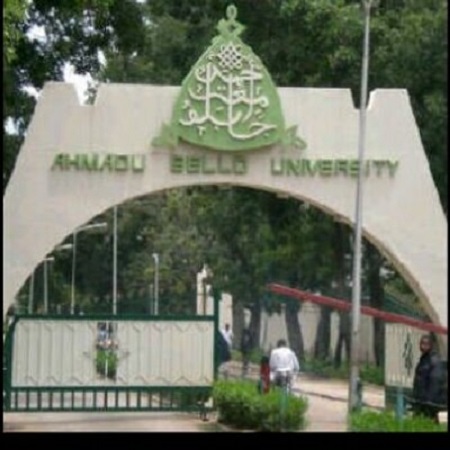Dean Faculty of Veterinary Medicine, Ahmadu Bello University Zaria, Professor Kabiru Junaid, has described lithium mining, yearly flooding, and donkey trading as rapidly emerging health security challenges that require one health approach urgently to stop in Nigeria.
Professor Junaid, in a keynote address at the 3rd Ibadan Public Health Conference with the theme “One Earth, One Life, One Health” at the University of Ibadan, declared that these local issues that are unpredictable and left unattended are potential sources of damage to our social life, economy, and health.
According to him, “experts in different countries have connected floods with the reoccurrence of anthrax in countries, particularly in East Africa and North America. They have seen instances where flooding unearthed the buried carcasses of infected animals.
“Even though in Nigeria, we have not been recording cases of anthrax except last year, there is a need to be very careful in case there is a connection between the 2020 flooding and the cases of anthrax threat we got last year.
“Anthrax is not the only disease of concern; there is also leptosporiosis and cholera that are associated with flooding.
“The proliferation of mining activities in Nigeria is sounding an alarm to us to be careful not to recreate what happened in the Zamfara lead poisoning of children. The Zamfara case was a consequence of gold mining.
“Generally, mining can lead to contamination of water sources; if the mining is underground, some gaseous emissions that can affect health can also be released. Currently, there is aggressive mining of lithium in Nigeria. Authorities in charge of public health need to make sure that these activities are safe for humans, animals, and the environment.
“Donkey trade is a business ongoing in Africa; the animals are slaughtered to recover the skin, which is used in producing an anti-ageing crème. We found evidence of two infections, brucellosis and leptopriosis, that can be transmitted to humans from infected donkeys.
“What we worry about are these animals, sometimes from Niger and as far as Egypt, bringing in very severe animal diseases like influenza. That is why this trade must be stopped or controlled to make sure it will not endanger the animal population or human health.”
Dean, Faculty of Public Health, College of Medicine, Professor Godson Ana, said the conference was to engage different stakeholders, especially those in the scientific community and professionals, to share experiences and provide opportunities for mentoring upcoming scholars, as well as provide a veritable platform for networking and fostering new collaborations.
The vice chancellor of the University of Ibadan, Professor Kayode Adewole, speaking through Professor Ronke Odunola, the dean of the Faculty of Basic Medical Sciences, stated that ensuring healthy relationships with men and animals was important for the sustenance of health for all in Nigeria.
On this occasion, representatives of the World Health Organisation, the Food and Agriculture Organisation, the Food Basket Foundations, and the UK Health Security Agency (UKHSA) assured of increased collaboration with the federal government on protecting Nigerians from all forms of threats for maximum health for humans, animals, and the earth.
Also Read: Eight Ekiti varsity students arrested for cultism
